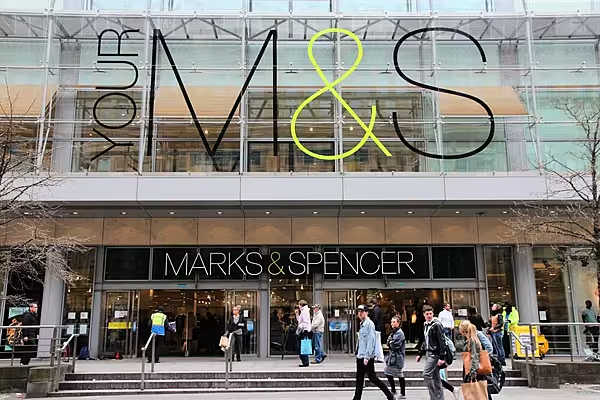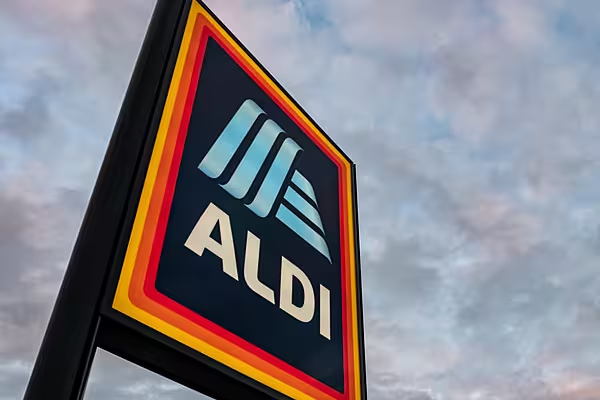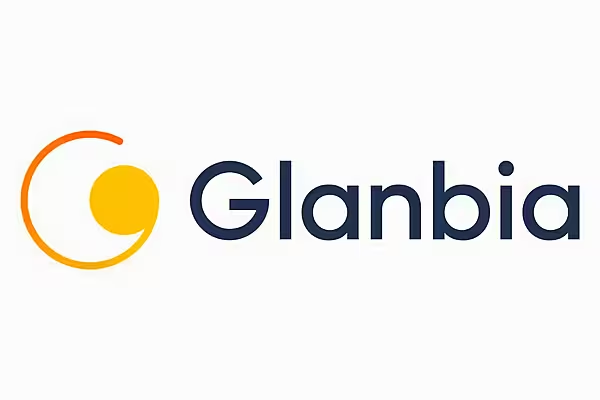Britain's Marks & Spencer is expected to report a second straight fall in annual profit next week, and with the retailer's shares down nearly a quarter over the last year it is in danger of soon being booted out of the Financial Times Stock Exchange (FTSE) 100 index.
The 134-year-old M&S has been a member of the blue-chip index since its inception in 1984. Relegation would be a totemic moment for a British institution that has fallen out of fashion over the last decade.
M&S faces unrelenting competition both in clothing and food on the high street and online, while efforts to revitalise its business are being hampered by an ongoing squeeze on consumers' spending power.
Thomson Reuters data ranks M&S at 102nd by market value in the FTSE 350 of large and mid-cap companies based on Thursday's closing prices.
The FTSE 100 is not simply the 100 biggest companies in Britain that meet free-float and liquidity requirements. In order to avoid constant changes to the index as a result of day-to-day price volatility, companies are only demoted when they drop below 110 in the ranking.
So if M&S drops nine more places, it will be automatically relegated when FTSE Russell reconstitutes the index in its quarterly reshuffle. The next reshuffle will be announced on May 30, using closing prices from the previous day, and will take effect on June 18.
However, M&S also risks demotion if any mid-caps rise above 90th place and therefore qualify for automatic addition to the FTSE 100, meaning the smallest current blue-chip companies would be relegated to balance the numbers.
Currently, G4S and Severn Trent are the only FTSE 100 firms worth less than M&S by market capitalisation.
One mid-cap that has overtaken M&S is Ocado, the online grocer and technology company that, ironically, is chaired by Stuart Rose, a former CEO and chairman of M&S.
Ocado shares surged 44 percent on Thursday after the firm struck a major deal with U.S. supermarket chain Kroger, making it now the 98th biggest firm.
That means that Ocado and M&S could be directly battling each other for FTSE 100 membership in under two weeks time, starkly illustrating the sea change in shopping habits.
M&S Relegation
Though largely symbolic, an M&S relegation would see it being sold by index-tracker funds, which seek to replicate the FTSE 100 by buying its constituents. It would be bought by FTSE 250-tracker funds.
M&S, which reports annual results on Wednesday, declined to comment.
Analysts' average forecast for pretax profit for the 2017-18 year is £573 million ($773 million), down from £614 million in 2016-17. Clothing and home like-for-like sales are forecast to be down 1.1%, with food down 0.2%.
M&S re-set its strategy in November, two months after retail veteran Archie Norman joined as chairman, detailing a five-year plan that would speed-up store closures and relocations, and strive to make its food offering more competitive.
Norman and CEO Steve Rowe have stressed that investors need to be patient.
Shares in M&S were down 0.3%at 296.5p at 0955 GMT, valuing the business at £4.8 billion.
News by Reuters, edited by Donna Ahern. Click subscribe to sign up for the Checkout print edition.








